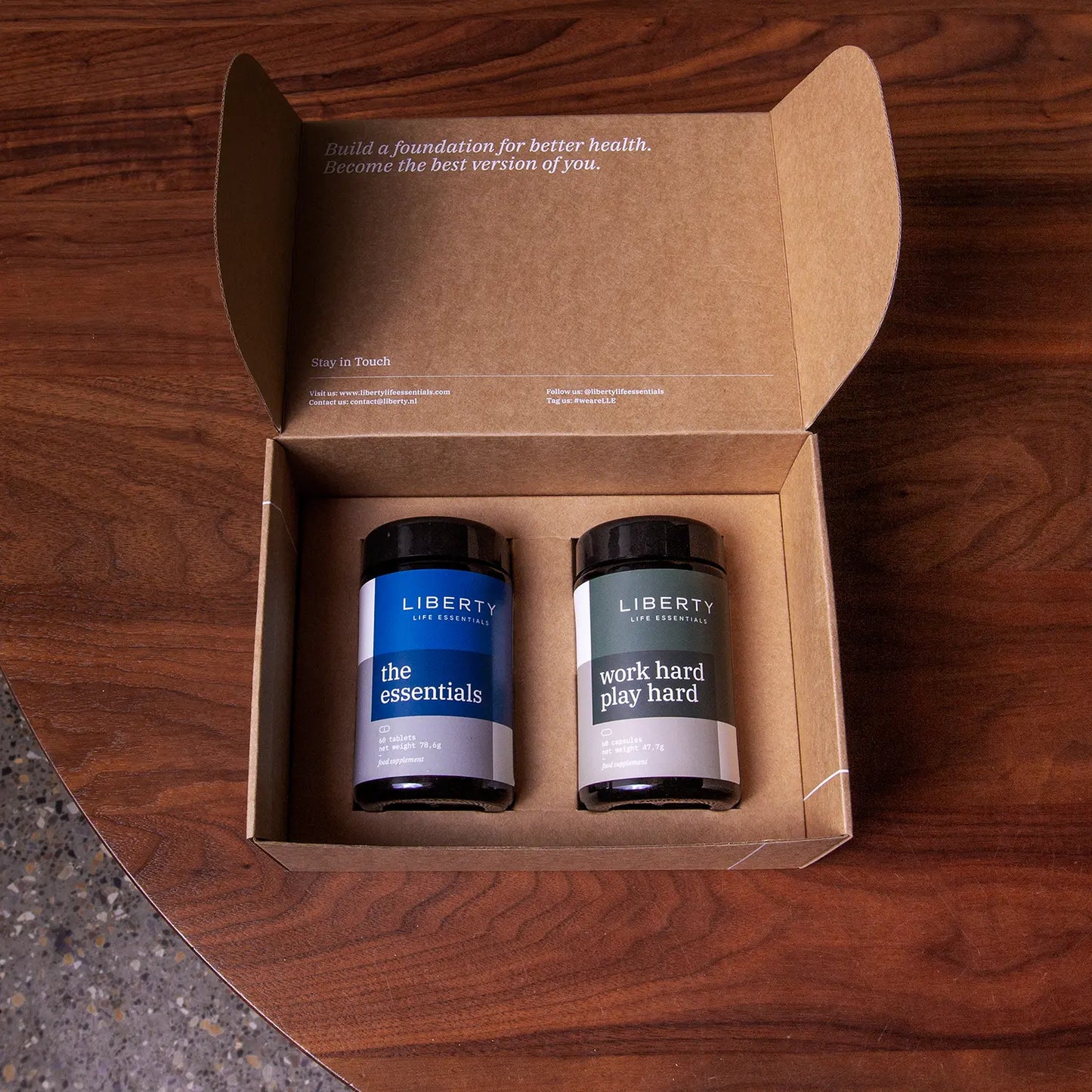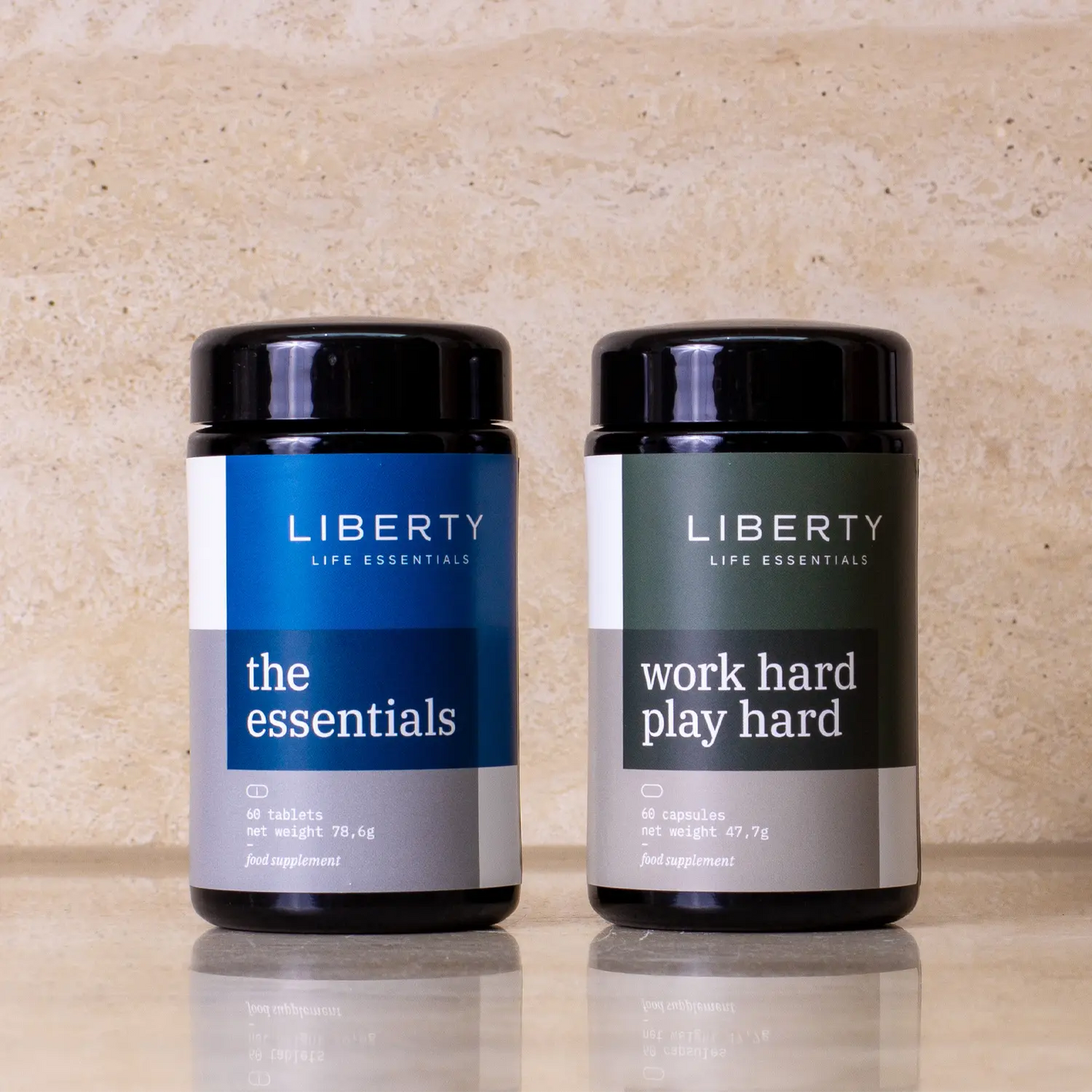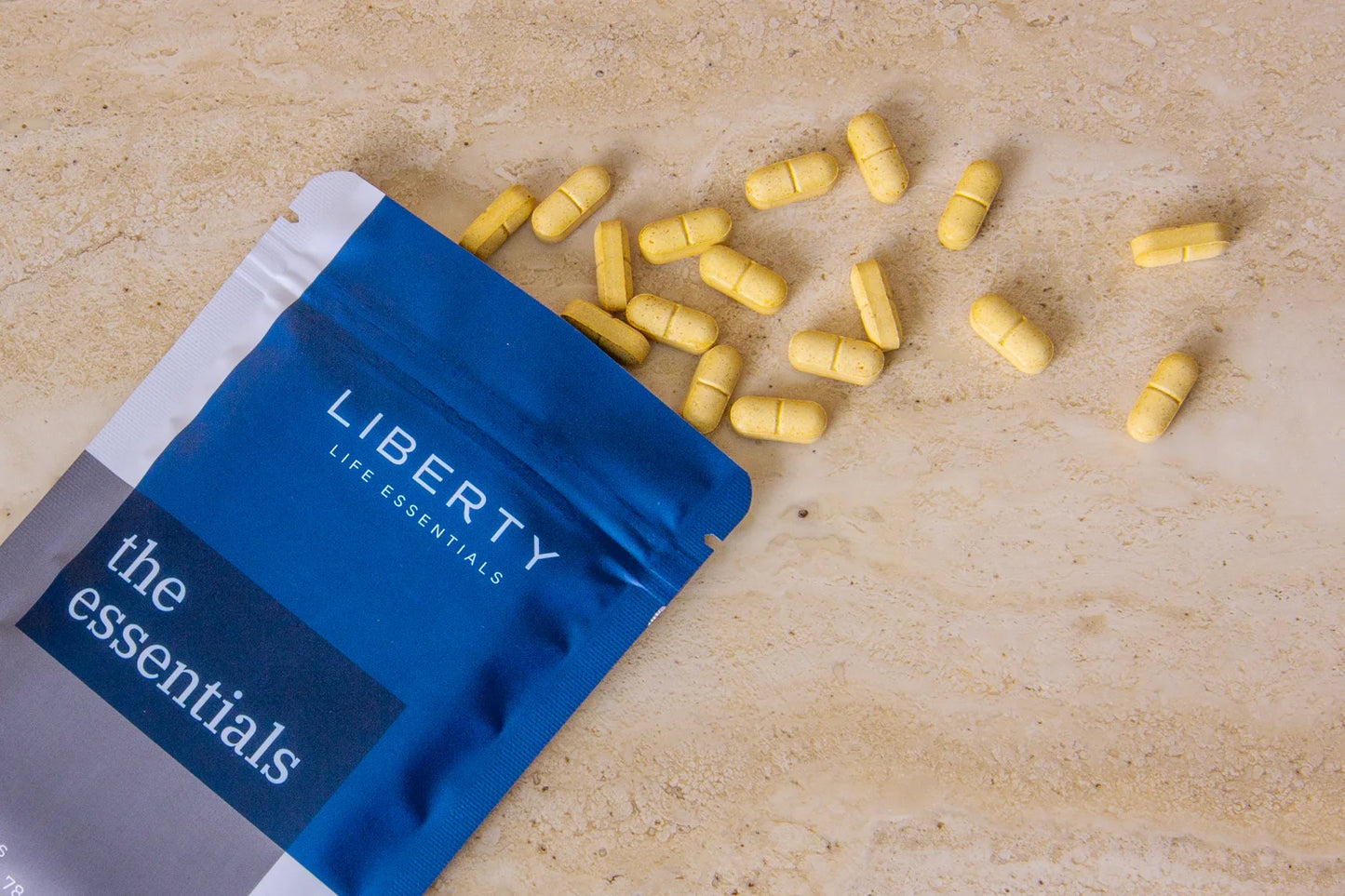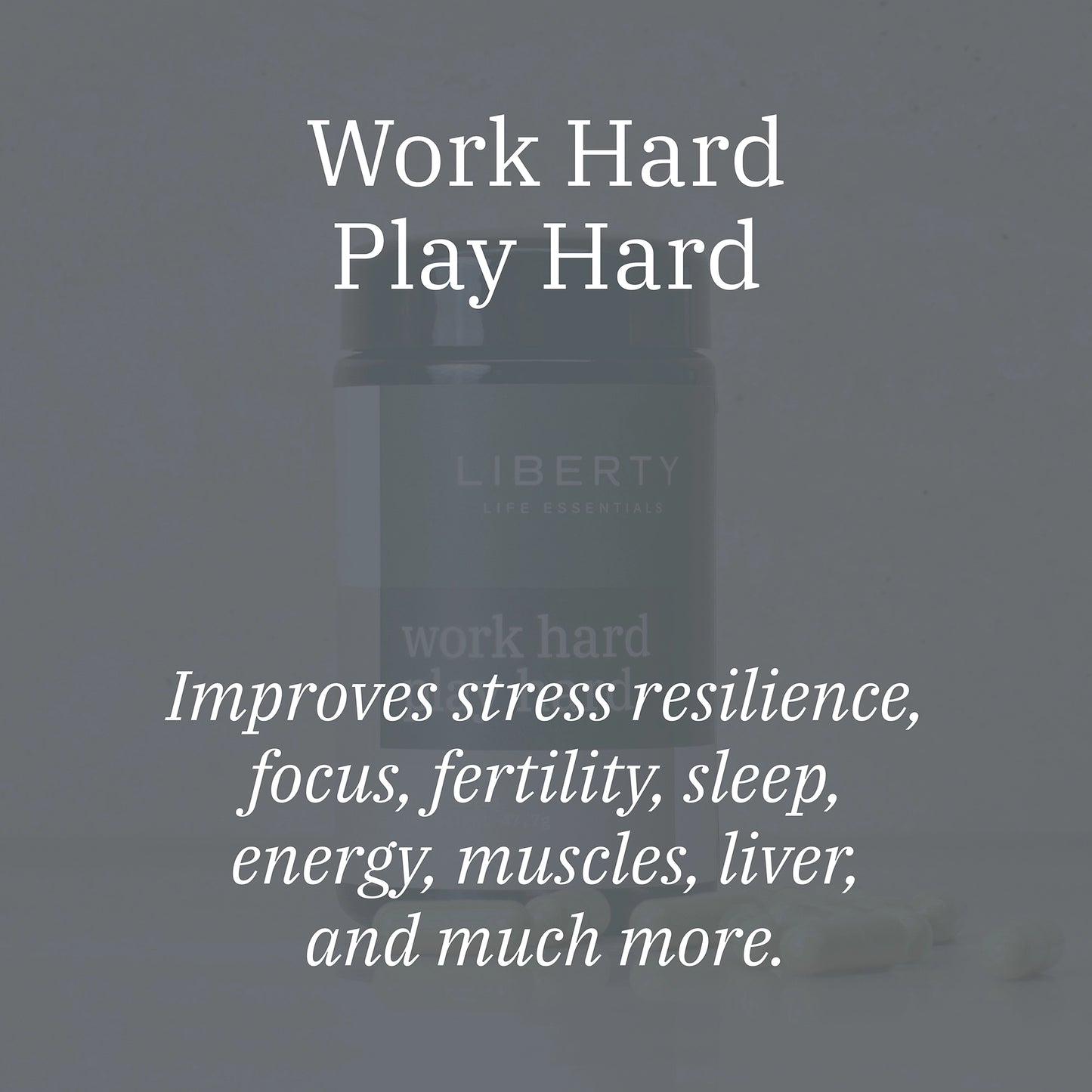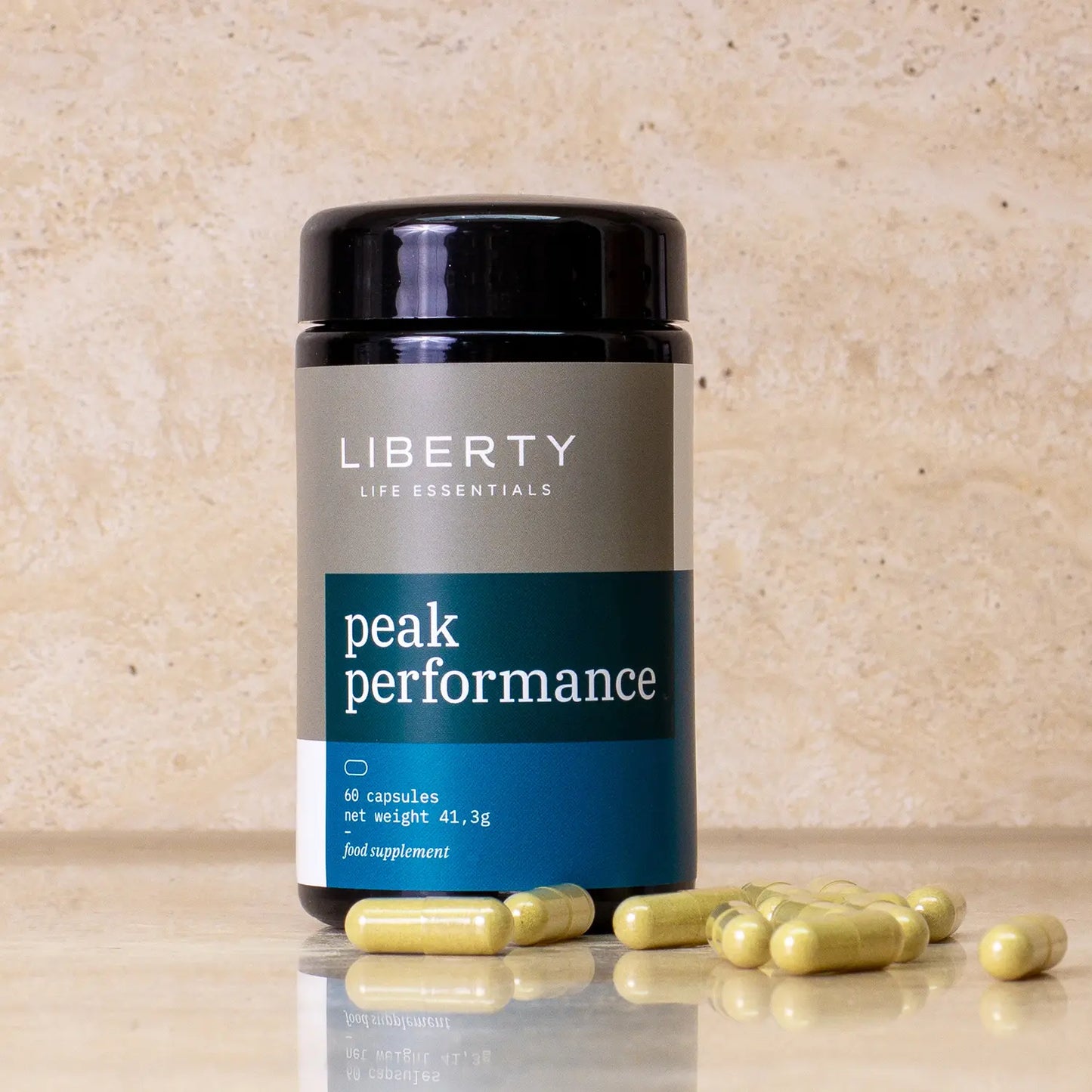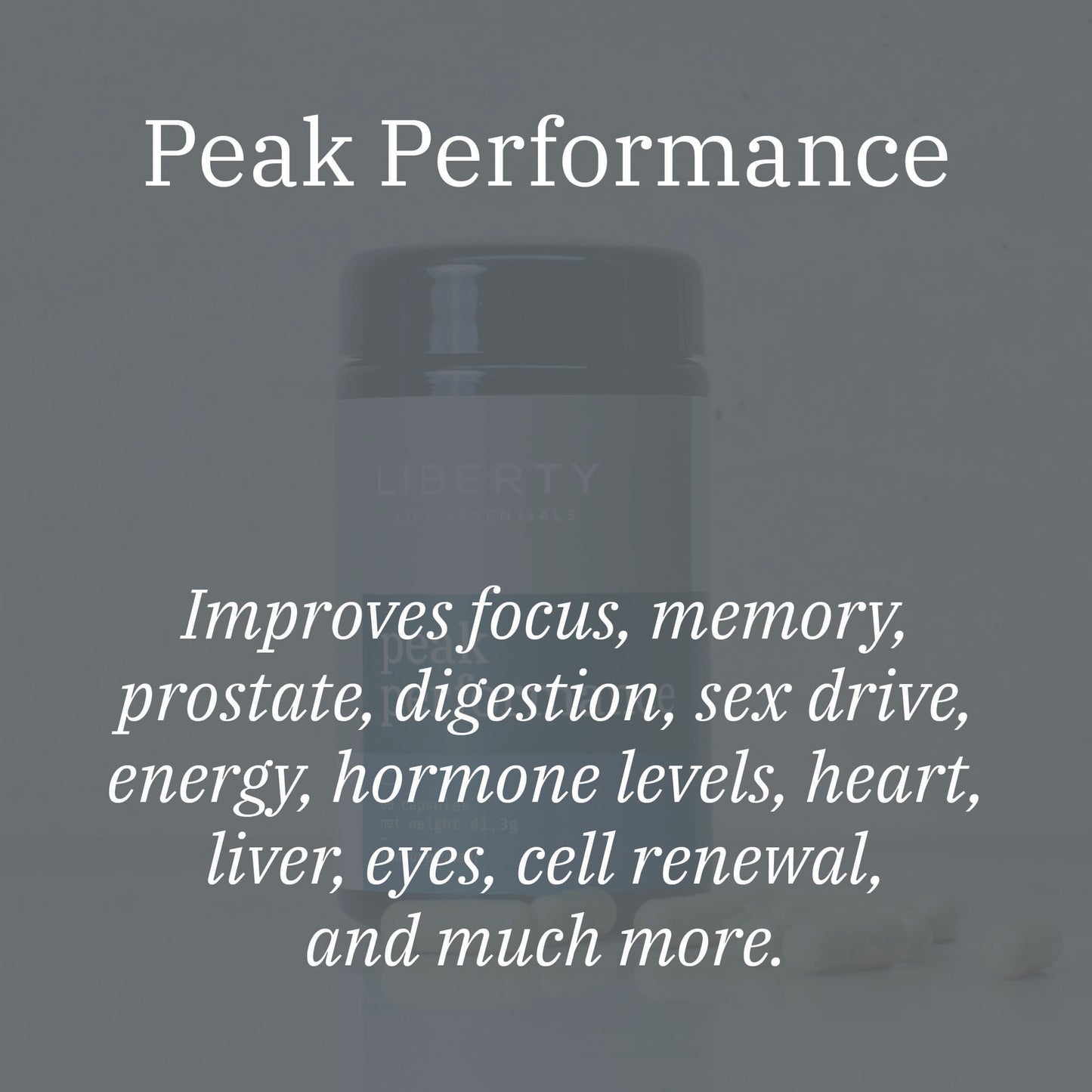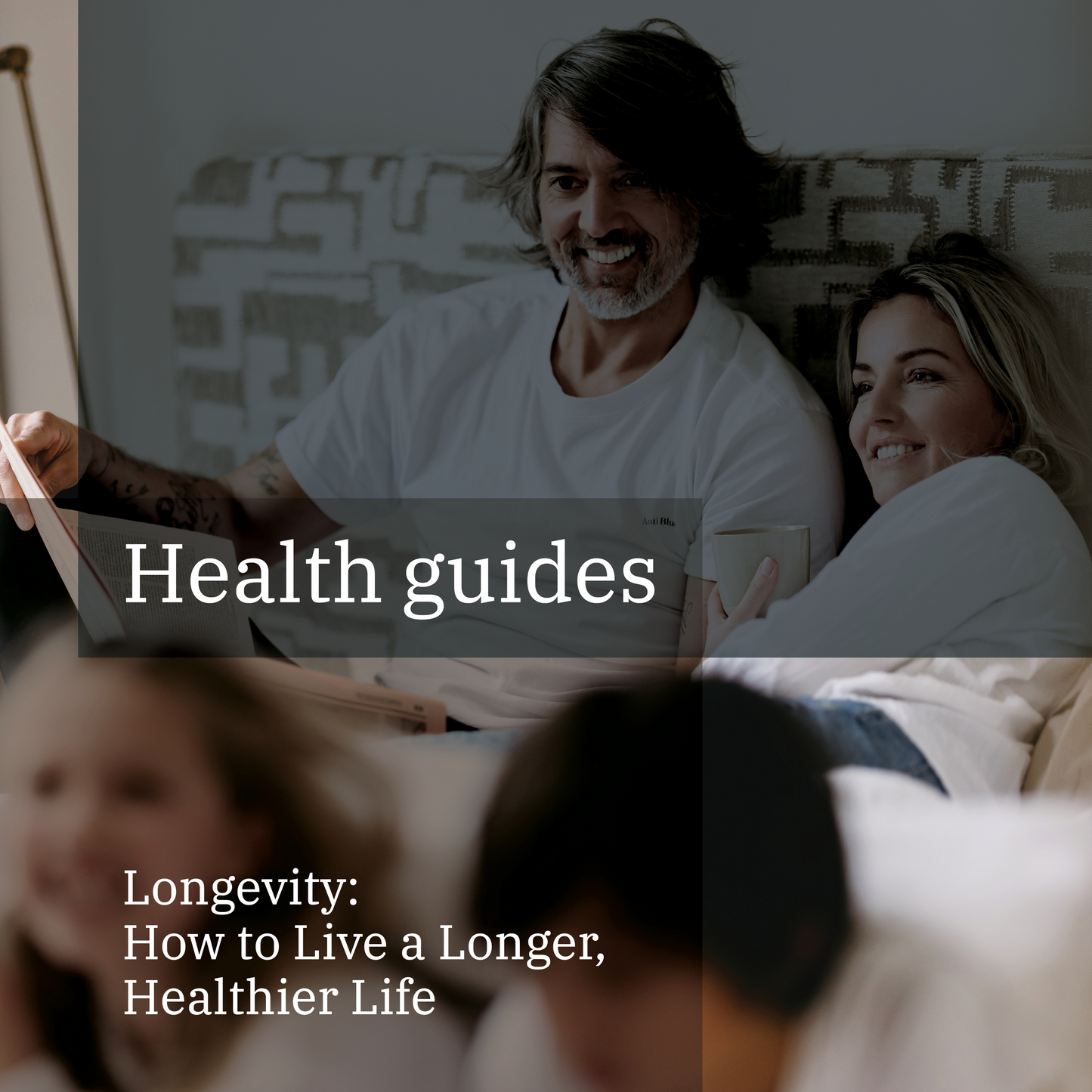
The concept of Longevity has rapidly gained popularity in recent years. Simply put, it means living a long life, but it's about more than just reaching an old age. It’s about adding quality to your years, ensuring they are vibrant, active, and fulfilling.
The increased public interest in longevity stems from the discovery of "Blue Zones," five regions where people consistently live longer, healthier lives than average. These regions—like Okinawa, Japan, and Sardinia, Italy—offer insights into how lifestyle, diet, and a sense of belonging contribute to an exceptional increase in longevity. By learning from these examples and adopting science-backed habits, we can all take steps toward a longer, healthier life.
This Health guide explores what longevity is and how to incorporate it into daily life.
What Is Longevity and Why Does It Matter?
Longevity is another term for healthy aging. It’s about living a long life while maintaining good physical, mental, and emotional health. Scientists often define longevity as a combination of the following:
-
Lifespan: Total years a person lives.
-
Healthspan: Years lived in good health, free from chronic disease.
The World Health Organization (WHO) reports the global average lifespan is 73 years, while the average healthspan is only 63 years. This means many people spend their final decade battling health problems. The longevity movement aims to close this gap by ensuring those extra years are worth living.
Much of what promotes longevity is determined at the cellular level. Aging occurs when oxidative stress and inflammation damage our DNA and chromosomes, reducing the efficiency of cell repair and regeneration. This cycle is known as cellular aging. By slowing these processes through diet and lifestyle, we increase our chances to live a longer, healthier life.
In Blue Zones for example, people tend to remain active and independent well into their 80s and 90s, proving that healthy aging is achievable through the right lifestyle and diet choices.
Lessons from Blue Zones: The Secrets to a Long Life
The 5 Blue Zones are specific regions in Italy, Japan, Greece, California and Costa Rica of which researchers have identified their inhabitants to live significantly longer, healthier lives compared to the global average. Several common lifestyle characteristics seem to contribute to their residents' exceptional longevity. These habits show that longevity isn’t about extreme measures but consistent, healthy choices.
-
Plant-based diets: Meals are varied and rich in vegetables, legumes, and whole grains, with minimal processed or animal-based foods.
-
Moderation in eating: The “80% rule,” stopping when 80% full, prevents overeating and supports cellular repair.
-
Regular, low-intensity activity: Daily movement, such as walking or gardening, is part of daily routine as long as physically possible.
-
Strong social connections: Close family bonds and supportive communities reduce stress and foster emotional well-being.
-
Stress management: Practices like meditation and regular breaks help minimize stress.
-
Sense of purpose: A reason to get up each morning, called "ikigai" in Okinawa, boosts emotional and mental health.
Simple Steps to Improve Your Own Longevity
Our learnings from the Blue Zones show that healthy aging doesn’t require drastic changes. Small, consistent habits can make a big difference. Here are actionable, science-backed steps to improve your longevity:
-
Follow a Plant-Based Diet
Eat a plant-based or Mediterranean-style diet rich in fruits, vegetables, whole grains, nuts, and healthy fats. Limit processed foods and portion sizes. Research in The Lancet (2019) found dietary improvements could add up to 10 years to life expectancy.
-
Stay Physically Active
Exercise isn’t only essential for maintaining muscle mass and fat reduction. It is also crucial for bone density, and cardiovascular health. The WHO recommends people of all ages to do at least 150 minutes of moderate-intensity aerobic exercise per week. Low-intensity activities like yoga, walking, or even gardening are excellent for maintaining long-term health and are more accessible additions to your routine than high-intensity workouts.
-
Prioritize Sleep
Sleep is crucial for physical and mental recovery. Poor sleep has been linked to increased risks of heart disease, obesity, and cognitive decline. Adults should aim for 7–9 hours per night, according to Nature Reviews Neuroscience (2019).
-
Reduce Chronic Stress
Stress accelerates the aging process by increasing cortisol levels, which damages cells over time. Techniques like mindfulness meditation, deep breathing, or spending time in nature can help reduce stress. In Blue Zones, a slower-paced outdoor lifestyle contributes significantly to their longevity.
-
Maintain Social Connections
Meaningful relationships boost emotional and mental health, while isolation can shorten lifespan. The Harvard Study of Adult Development shows strong social bonds are key to happiness and longevity, while social isolation has shown to exponentially deteriorate mental and physical health.
-
Stimulate Your Mind
Activities like reading, solving puzzles, or learning new skills strengthen the brain and delay age-related brain decline.
Top Supplements for Supporting Longevity
Besides vitamins and minerals, certain supplements can support longevity by improving cellular health and combating cognitive decline. While they can’t replace a healthy lifestyle, they complement good habits. Recommended supplements include:
-
Omega-3 Fatty Acids: Found in fish oil, Omega-3 supports heart and brain health while reducing inflammation.
-
Quercetin: A powerful antioxidant, quercetin reduces oxidative stress and inflammation, key drivers of cellular aging.
-
Curcumin: The active ingredient in turmeric, curcumin protects cells from damage through its anti-inflammatory properties.
-
Bacopa Monnieri (Brahmi): This adaptogenic herb enhances cognitive health, memory, and reduces oxidative stress.
-
NMN (Nicotinamide Mononucleotide): Boosts NAD+ levels, which are essential for DNA repair and energy metabolism. Several studies suggest NMN may slow cellular aging and enhance longevity.
-
Lycopene: A potent antioxidant found in tomatoes, lycopene reduces risks of chronic diseases, benefits prostate health and protects the skin from UV damage.
-
Coenzyme Q10 (CoQ10): Critical for cellular energy production and acts as an antioxidant. Studies link CoQ10 to cardiovascular health and reduced oxidative damage.
These supplements, when paired with a balanced diet and active lifestyle, can enhance your efforts toward healthy aging. They’re most effective as part of a comprehensive approach to longevity.
Conclusion
Longevity is about more than adding years to your life; it’s about ensuring those years are vibrant, fulfilling, and free from chronic disease. Drawing inspiration from the Blue Zones and incorporating evidence-based strategies —like a plant-based diet, regular activity, stress management, and strong social connections—can significantly extend your healthspan.
Supplements like NMN, Quercetin, CoQ10, and Lycopene provide extra support by targeting cellular aging and inflammation. Combined with lifestyle changes, they help add vitality to your years. By taking these steps, you’re not just doing so to add years to your life, but ensuring those years are healthier and fulfilling.
Most of the supplements mentioned in this article will be part of our soon-to-launch longevity product A Life Worth Living. Be amongst the first to hear all about it by signing up to our newsletter here.
Until then, our Peak Performance (Adults) product, specially developed for men at their physical and mental peak, contains the highest quality lycopene, quercetin, bacopa monnieri (Bacopin® Brahmi) and more.
Combine Peak Performance with The Essentials (containing curcumin C3 Complex®) in our Adults Bundle and save 15%!
Sources
-
Herbert C. et al. (2022) Blue Zones: Centenarian Modes of Physical Activity
-
Buettner, D. et al. (2016) Blue Zones: Lessons From the World's Longest Lived.
-
Marston, H., et al. (2021). A Critical Review of Age-Friendly Environments in the 21st Century and Beyond
-
Melis, F., et al. (2022). Plant-based diets in Sardinia and their role in longevity
-
Reddy, P., & Lyons, T. (2019). Physical activity as a determinant of longevity in Blue Zones
-
Li, Y., et al. (2023). Nutrition and physical activity effects on sleep quality and longevity
-
The Lancet. (2019). "Food, Planet, Health: Healthy Diets from Sustainable Food Systems."
-
Nature Reviews Neuroscience. (2019). "The Role of Sleep in Regenerative Health."
-
Harvard Study of Adult Development. (2017). "The Key to Longevity: Relationships."
-
Journal of Clinical Immunology. (2020). "Curcumin’s Role in Longevity."
-
American Journal of Clinical Nutrition. (2016). "Lycopene and Reduced Disease Risk."
-
Journal of Alternative and Complementary Medicine. (2018). "Bacopa Monnieri for Cognitive Health."
-
Nutrients. (2019). "Quercetin as an Anti-Aging Compound."
-
Panahi, Y., et al. (2024). Longevity and anti-aging effects of curcumin supplementation.
-
Calder, P. C. (2018). Omega-3 polyunsaturated fatty acids and healthy ageing. BMJ.

